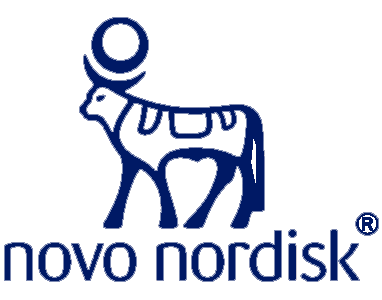Risk factors based on diabetes type1–4
Type 1 diabetes |
|---|
| History of severe episodes |
| HbA1c <6.5% (except in youth) |
| High glucose variability (in older adults) |
| Renal impairment |
| Impaired awareness of hypoglycaemia |
| Advanced age, very young age |
Type 2 diabetes (on insulin or sulfonylureas) |
|---|
| Cognitive impairment |
| Depression |
| Aggressive glycaemia treatment |
| Impaired awareness of hypoglycaemia |
| Duration of insulin therapy |
| Renal impairment and other comorbidities |
| Advanced age |
Factors that may increase risk of nocturnal hypoglycaemia5,6
- Stress
- Diabetic neuropathy
- Physical exercise, especially during the evening
- Excess insulin during the day
- Previous episodes of nocturnal hypoglycaemia
- High dose of basal insulin
- Failure to check blood glucose at bedtime
- Excess rapid-acting insulin to correct high glucose, particularly at bedtime, or to cover bedtime snacks
- Physical exercise, especially during the evening
- Premix or short-acting insulin before dinner
- NPH insulin (isophane) in the evening
References
- 1Yale JF et al. Hypoglycaemia.
In: Diabetes Canada Full Guidelines.
2018. Available at:
https://guidelines.diabetes.ca/cpg
/chapter14. - 2International Hypoglycaemia Study Group. Minimizing hypoglycaemia in diabetes. Diabetes Care 2015;38:1583.
- 3Inzucchi SE et al. Management of hyperglycemia in Type 2 diabetes, 2015: A patient-centered approach. Diabetes Care 2015;38:
- 4Weinstock RS et al. Risk factors associated with severe hypoglycemia in older adults with Type 1 diabetes. Diabetes Care 2016 Apr;39:603.
- 5Vu L et al. Predicting Nocturnal Hypoglycaemia from Continuous Glucose Monitoring Data with Extended Prediction Horizon. AMIA Annu Symp Proc. 2019;874-882
- 6Brunton SA. Nocturnal hypoglycemia: Answering the challenge with long-acting insulin analogs. MedGenMed 2007;9:38.
- 1Yale JF et al. Hypoglycaemia. In: Diabetes Canada Full Guidelines. 2018. Available at: https://guidelines.diabetes.ca/cpg/chapter14.
- 2International Hypoglycaemia Study Group. Minimizing hypoglycaemia in diabetes. Diabetes Care 2015;38:1583.
- 3Inzucchi SE et al. Management of hyperglycemia in Type 2 diabetes, 2015: A patient-centered approach. Diabetes Care 2015;38:
- 4Weinstock RS et al. Risk factors associated with severe hypoglycemia in older adults with Type 1 diabetes. Diabetes Care 2016 Apr;39:603.
- 5Vu L et al. Predicting Nocturnal Hypoglycaemia from Continuous Glucose Monitoring Data with Extended Prediction Horizon. AMIA Annu Symp Proc. 2019;874-882
- 6Brunton SA. Nocturnal hypoglycemia: Answering the challenge with long-acting insulin analogs. MedGenMed 2007;9:38.



